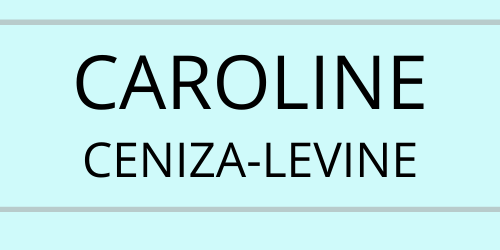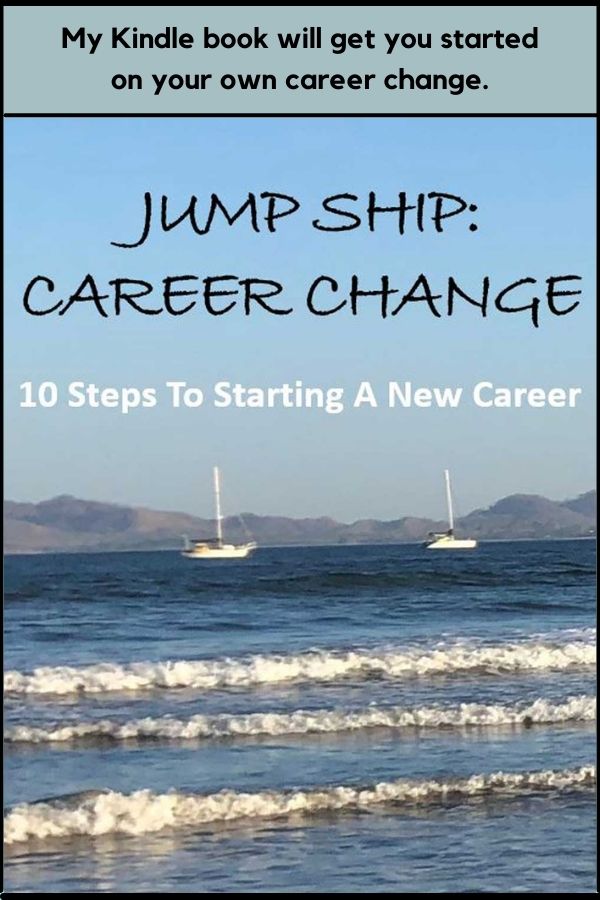Ernie asks: I strongly agree that references are of utmost importance in hiring a new person. I have hired a few dozen and was always glad that I contacted the many references I got from prospective candidates. My challenge though is that at 68 years of age, references are essentially gone due to old-age and sometimes people either checkout or at 80+ can hardly recall about an employee of 20+ years ago. I know I can only recall a few right now of those dozens I hired and I am not in my 80’s yet. What would you recommend?
References are a critical part of the hiring process, and I have seen the strength (or weakness) of professional references influence the ultimate hiring decision. You don’t want to scramble last-minute to collect your references when you’re in a job search. First of all, it takes time to track people down and if you wait till you’re in late stages with a company you’ll look disorganized (or worse, be disqualified) if you take too long to submit your references. Secondly, you want to proactively choose the references most relevant to the job you’re going for and have time to prep your references (i.e., inform them of the potential job, remind them what you did when you worked together, and proactively select what is most relevant for the reference to discuss on your behalf). Finally, getting your references in order is a great way to network, as getting back in touch with these important people in your career and discussing your career plans with them will likely yield insightful advice and even more job leads.
So manage your references thoughtfully and proactively. Here are typical problems you may face with your professional references and how to best manage the process:
If you lose track of your references
Ernie’s question about lost references isn’t only relevant to older workers. If your former boss has moved on and you didn’t keep in touch, you may have no idea where s/he is. You can avoid this problem, of course, by keeping in touch, especially connecting on LinkedIn, so that if the person moves on and forgets to tell you, you can still find them. If you haven’t kept in touch, LinkedIn is still a good place to start. Facebook is typically reserved for more social interaction, but if you can’t find the person on LinkedIn, they may still be found on Facebook (or Twitter or other social media). You can also try former colleagues or professional associations relating to that person’s field – they may have more updated contact information than you.
If you can’t find the person who directly managed you, think about using someone else. If the employment period was long ago, it may not be that relevant for you to find this particular reference. If you have others, especially from more recent employment stints, that could be preferable to your prospective employer anyway. If the employer wants someone from that organization specifically (say, they want to check up on the work you specifically did there) you may be able to substitute a colleague or vendor or some other person from that organization than your direct supervisor. Depending on what the employer wants to know about your time there, a substitute may suffice. For example, I once did a reference check for an event marketing manager, and in lieu of her former manager (who was mad about her leaving and wouldn’t provide a reference) the candidate gave me the name of the vendor she partnered with on all events. This person was able to speak directly about the candidate’s work, and that was the purpose of the reference, so the substitution was fine.
If you can’t use your most recent references
Substitution is also good if you can’t use your most recent reference – for example, if you’re currently employed and don’t want your current manager to find out you’re looking, or if you’re going to a close competitor and you think your manager may try to derail your hiring process. In addition to substituting a colleague or vendor, you can look for others in management roles who may have worked with you on a project or have mentored you. Board members or investors can be a reference if you had a senior enough role to have interaction at this level. Customers could also be a reference, if your role was customer-facing and the reference is needed to confirm your relationship and communication skills. Finally, if you have other strong references, your prospective employer may agree to skip the most recent.
If you don’t have relevant references
In the above examples, I use as references customers to talk about relationships or vendors to talk about specific projects that are relevant to the potential role at hand. But what if you don’t have anyone who can speak to the skills you’ll be using in your new role? For example, if you’re a career changer, your previous experience might be not at all related to this job. In that case, prepare your traditional professional references anyway – they can still speak about your work ethic, general skills and personal attributes. But also prepare additional references who can speak about the skills related to the potential role – this might be someone at the organization where you volunteered these skills, or it could be the professor of a class you took to learn these skills, or a pro bono client that you consulted to so you could use these skills in a business context. While none of these would traditionally be part of a reference list, they should be added if they are well-equipped to give a reference on your potential for the upcoming job at hand.
In summary, you want to collect references who can speak well on your behalf as it relates to the upcoming job. Ideally, you use your last several supervisors. But it could be that you lose a connection, you’re prohibited from using a connection, or there’s a more relevant connection than your last several supervisors. In that case, don’t be afraid to substitute. The prospective employer uses the reference as one part of the hiring process, not the only part. The reference is part of the research, but never the only source of information. Be proactive and thoughtful about your references, but know there is some flexibility there as well.






